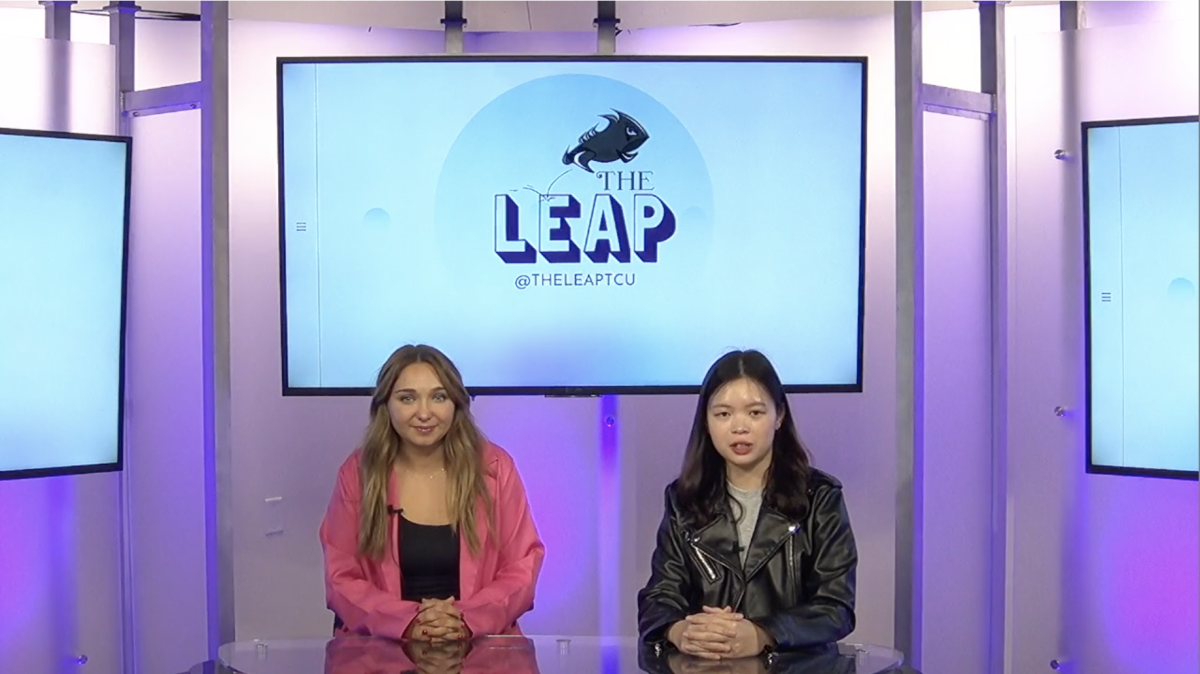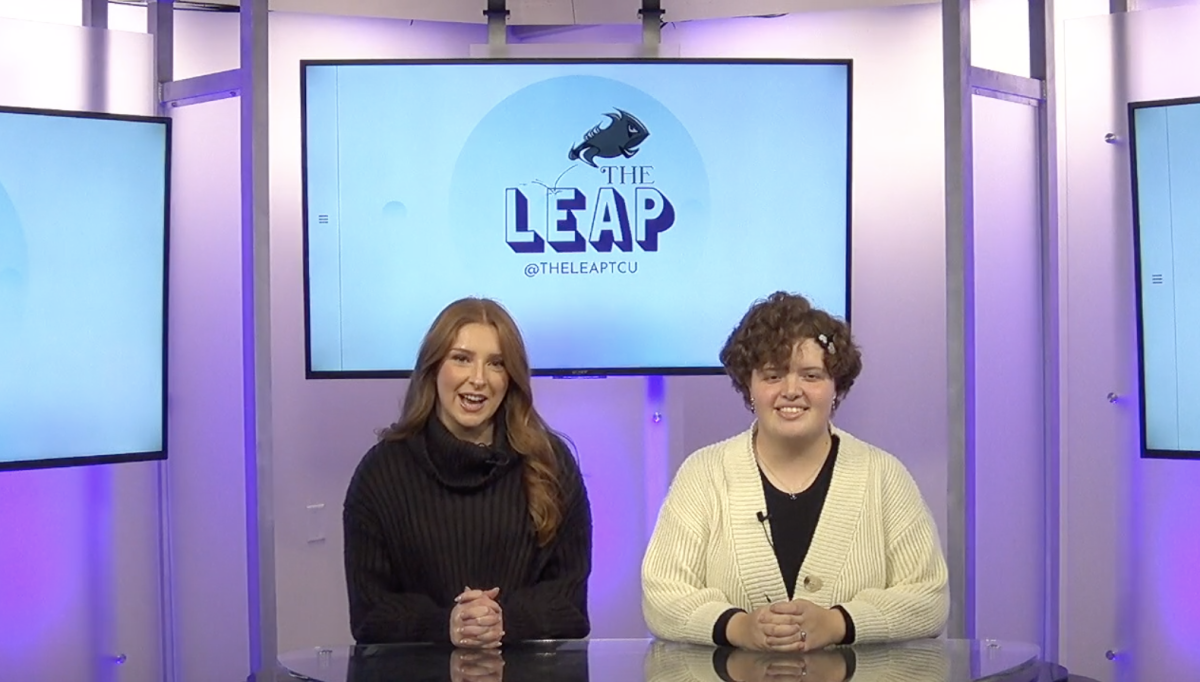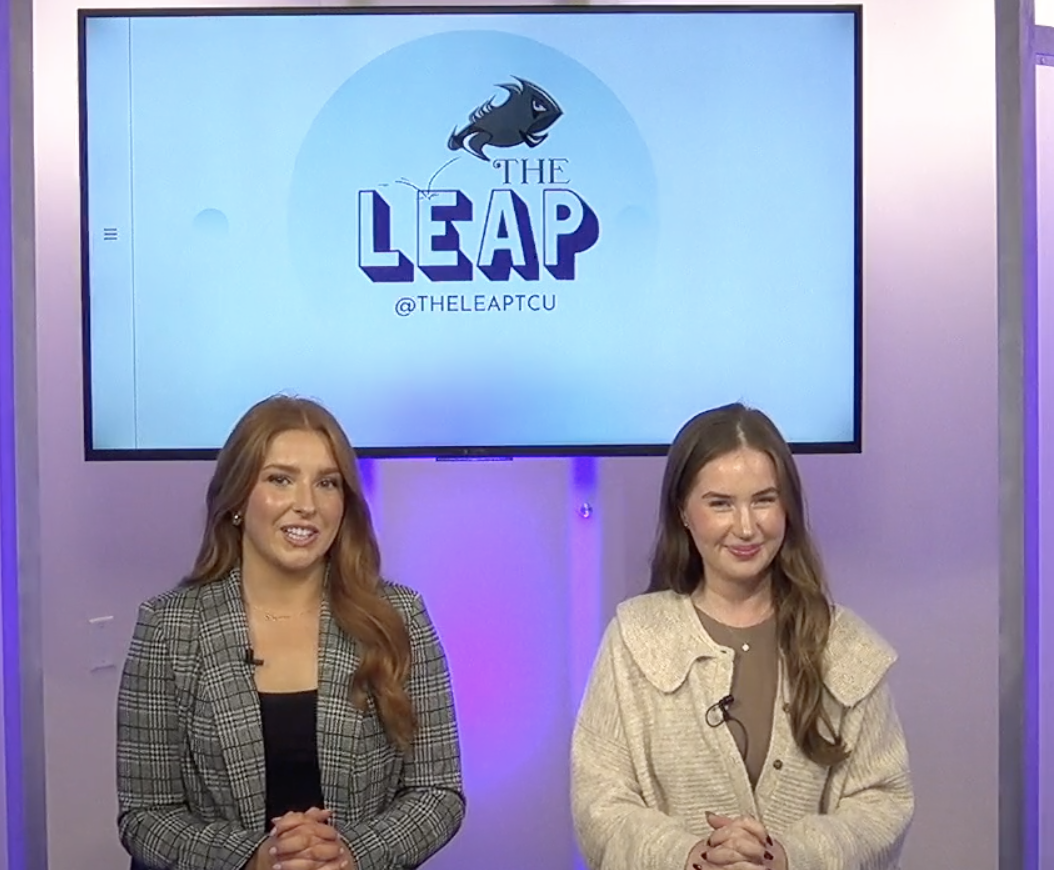The university will host "Big Questions" on Tuesday, a forum for students to discuss how to be involved politically and the efficacy of doing so. Some of the questions the forum will answer include whether voting and elections really matter, how youth can make a difference, and if those who aren’t big donors to Super PACs still have any influence on the elections.
As a registered voter in Fort Worth, a delegate to the Republican Senate District 10 convention and alternate delegate to the Texas GOP Convention earlier this year, I’ve developed new perspectives on answers to these questions.
Many people have doubts over whether voting really matters. If one vote has no statistically significant chance of making a difference, then why bother to vote in the first place?
There are several answers to this question. One is that voting has positive effects beyond simply casting your one vote among the rest. You will be exposed to the names of those running for office and the list of offices that are elected. This is an easy way to get a basic idea of the elected officials representing you and the various individuals vying for each office. After following the results the night of the election, you’ll be able to recall these offices and recognize the names of those who ultimately got elected.
Another question is whether who wins matters. Views of President Obama and former Gov. Mitt Romney vary drastically. Some see their preferred candidate as a solid leader and the other as an extremist, whereas others don’t see much difference between two individuals who both support programs like health insurance mandates, military action in Afghanistan, stimulus spending, and strong crackdowns on drugs like cannabis.
Those who fall into the latter category would be likely to ask whether who wins in November really matters. The answer to this is that while some of their stances on major issues may seem similar, it is important not to forget other issues less reported by the media but still very important for the direction of our country during the next four years.
One example is of foreign policy to Russia. Gov. Mitt Romney dubbed Russia the United States' “number one geopolitical foe,” a remark Russian President Vladimir Putin “thanked” him for as it confirmed that his opposition to NATO’s missile shield in Eastern Europe was a good idea. Obama had his own controversy with Russia, telling former President Dmitri Medvedev he would have “more flexibility” to deal with such issues after the election. This remark shows that elections do matter and elected leaders pay attention to them when making decisions.
The recent Supreme Court decision to allow unlimited sums of money to be spent on political campaigns through Super PACs has led many to believe that elections are simply for sale and that individuals who only vote or donate small sums don’t have any real say in the process. There are many examples that show this couldn’t be further from the truth.
The Republican primary for U.S. Senate here in Texas this year, for example, was between Lt. Gov. David Dewhurst and challenger Ted Cruz. Including spending by both the official campaigns and Super PACs as of July 11, Dewhurst spent $24.9 million compared to Cruz’s $14.1 million. Despite the fact that Dewhurst and his advocates spent almost twice as much money as Cruz’s, the latter was able to force a runoff and win the nomination. The grassroots support that Cruz received from many volunteers and the message Cruz delivered compensated for the lower spending. Despite Dewhurst pitching in nearly $20 million of his own money, he was not able to “buy” the election. This is a case in point for why elections cannot be bought, even in the era of Super PACs.
Many individuals, especially college students, don’t see much they could do to participate in our political process besides voting. However, many opportunities are available to those who want to participate further.
One is to volunteer for a campaign. This includes knocking on doors, phone banking, mailing letters, and more. This is invaluable for any campaign and is a great way to see politics on the inside.
Another way to be active in the political process is to attend precinct conventions. These conventions choose delegates to the senate district or state level (depending on the state) and ultimately to the national convention during presidential election years. These delegates make changes to the party platforms and perform other important tasks. As a delegate myself, I saw firsthand how most other delegates were much older than I was and youth were drastically underrepresented in the political process.
By following the rhetoric coming from both campaigns, I’ve discovered that the candidates do in fact pay attention to who votes. One example that stands out is of Romney criticizing Obama for wanting to cut Medicare by $700 billion. This is ironic because Romney often tries to tout himself as a fiscal conservative and Obama as a reckless spender, yet it is understandable because Romney must garner the votes of seniors, who are more likely to vote than youth. If youth voted at the same rate as seniors, perhaps Romney would agree with Obama on the cuts to Medicare and better represent youth on other issues as well.
It is this kind of political activism being practiced by a large portion of the population that makes a strong democracy. A democracy where only a few groups are represented is no democracy at all, and that is why it is up to the youth of our country (not to mention the youth here at the university) to have their voice heard this election day, Nov. 6, and be informed and active in the political process.





